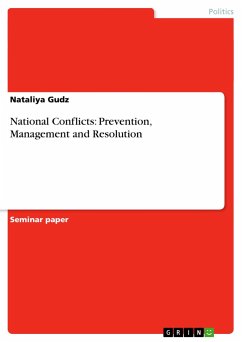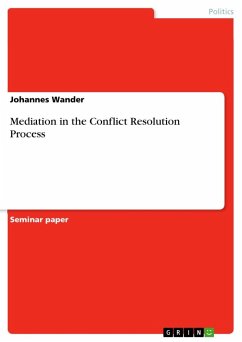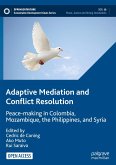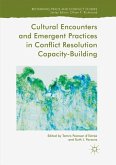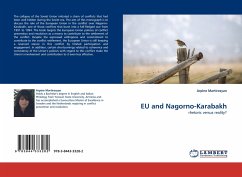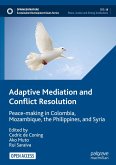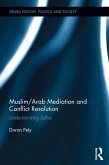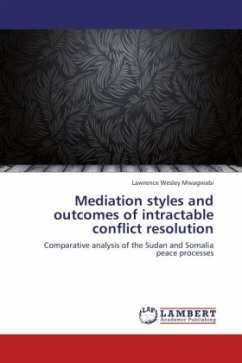Seminar paper from the year 2004 in the subject Politics - International Politics - Topic: Peace and Conflict Studies, Security, grade: 1,7 (A-), Otto-von-Guericke-University Magdeburg, course: Conflict and Mediation, language: English, abstract: The post-Cold War change in political priorities brings with itself incompatibilities. Market competition and free trade have increased prosperity for some nations and groups but left others behind. Peace and human rights do not always go hand in hand. Democratisation and increased popular participation in government can lead to minority rights abuses. Economic development and democratisation cannot always be achieved simultaneously; in the long run, these values may be reconcilable, but in the short run, they can generate tensions. Conflicts around the world have not declined, despite the end of the Cold War. From 1989 through 1993, a total of 90 large and small-armed conflicts occurred. At any given time, the number of violent conflicts fluctuates around 50 each year. That's why in the post cold-war era, it has become more important than ever that the three actors in conflict prevention and resolution - governments, non-governmental organisations (NGOs) and intergovernmental organisations - went hand in hand. The crucial lesson learned from the previous peace processes had been that there could be no peace without the participation and the will of the parties and the populations involved, for which participation of civil society was fundamental.

